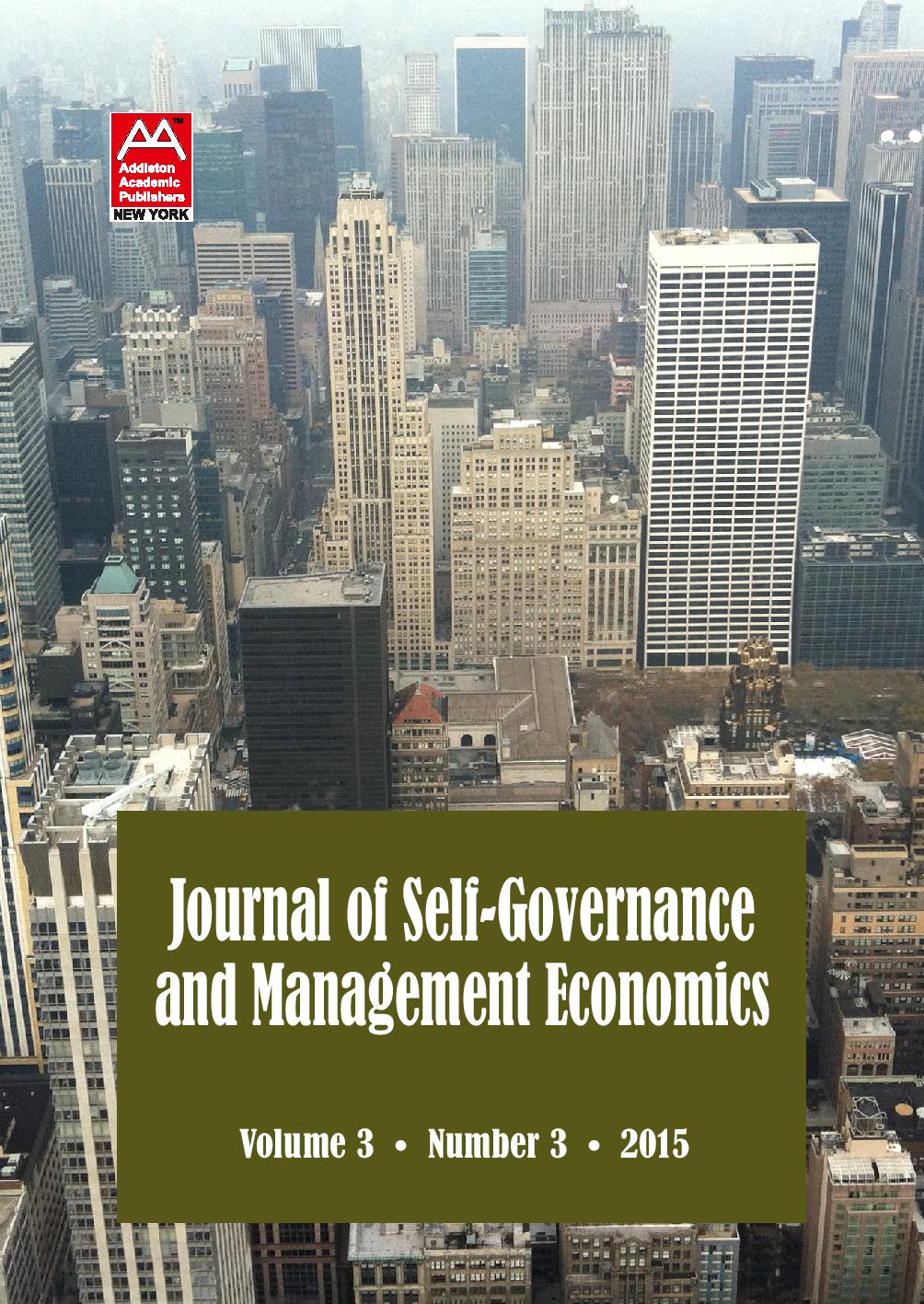THE PITFALLS OF THE EUROZONE’S MODEL OF ECONOMIC GOVERNANCE
THE PITFALLS OF THE EUROZONE’S MODEL OF ECONOMIC GOVERNANCE
Author(s): SERGIO FABBRINISubject(s): Supranational / Global Economy
Published by: Addleton Academic Publishers
Keywords: euro crisis; economic governance; Lisbon Treaty; intergovernmentalism; single market; political union
Summary/Abstract: The euro crisis has called into question the structure of inter-state compromises on which the European Union was based and that the 2009 Lisbon Treaty finally formalized. Those compromises created a Eurozone distinct from the EU, with a centralized monetary policy and a multiplicity of national economic policies, at their turn coordinated within the intergovernmental institutions of the European Council and the Council. The Eurozone was prevented from setting up an economic governance model able to manage the common currency as in other federal unions. Indeed, the Eurozone could not rely on a specific fiscal capacity and a political authority for governing asymmetric shocks and macroeconomic imbalances. The euro crisis has dramatically shown the pitfalls of the Eurozone governance model. A new perspective needs to be elaborated in order to set up a model for the governance of the Eurozone at the same time effective and legitimate. In order to constitute this new model of economic governance, an institutional differentiation should be introduced between the Eurozone and the no euro area member states. This differentiation would require a Treaty reform in order to constitutionalize the Eurozone as a political union, preserving at the same time the inclusive framework of the internal market for all the states of Europe.
Journal: Journal of Self-Governance and Management Economics
- Issue Year: 3/2015
- Issue No: 3
- Page Range: 52-65
- Page Count: 14
- Language: English
- Content File-PDF

